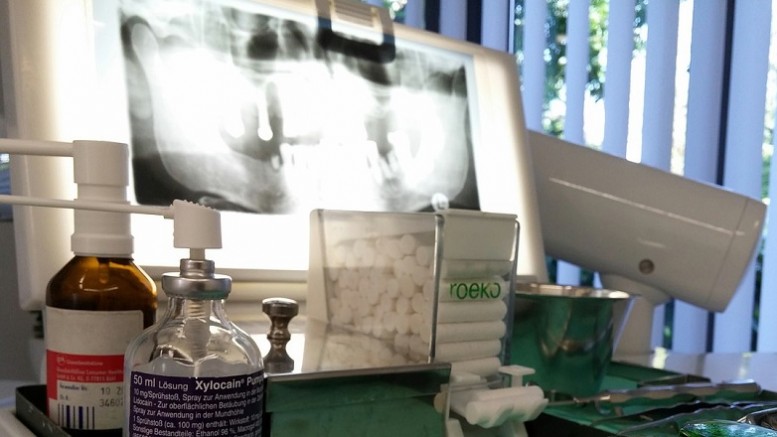Antidepressants are one of pharma’s most widely prescribed medications. They are prescribed to patients who are diagnosed with anxiety, depression and even pain. Now a new study coming out of the University of Buffalo has them as the cause of many tooth implant failures.
In fact, the research shows that tooth implants failed at a rate four times higher in the presence of antidepressant use. That’s an incredibly high number. Furthermore, each year of antidepressant use doubled the odds of tooth implant failure.
So by now you must be asking, what does an antidepressant and a tooth implant have to do with one another? Well, a lot, actually.
You see, one of the side effects of taking antidepressants is a decrease in the regulation of bone metabolism. And that’s not good (not that I needed to clarify that). An implant depends on bone growth surrounding it, otherwise, it becomes unstable. Antidepressants cause the slowing of the bone growth.
“Antidepressant medication may relieve depression symptoms and help millions of patients worldwide, however, their benefits must be weighed with the side effects. Patients should cooperate with their physician to reach the right balance,” says Latifa Bairam, DDS, MS, an investigator on the study and clinical assistant professor in the Department of Restorative Dentistry in the UB School of Dental Medicine.
“Four of the many known side effects that are reported in the literature are a big concern to us as dentists in regard to oral and bone health.”
Osteoporosis is another side effect of antidepressants. This means the bones become weak. Akathisia is another side effect, which means you feel you need to be in perpetual motion.
The research, “A Pilot Study: Association between Antidepressant Use and Implant Failure,” was funded by the Student Research Program through the SDM Dean’s Vision Fund.
You can read the full study here.


Be the first to comment on "STUDY: Antidepressants Are Now Causing Tooth Implant Failure"